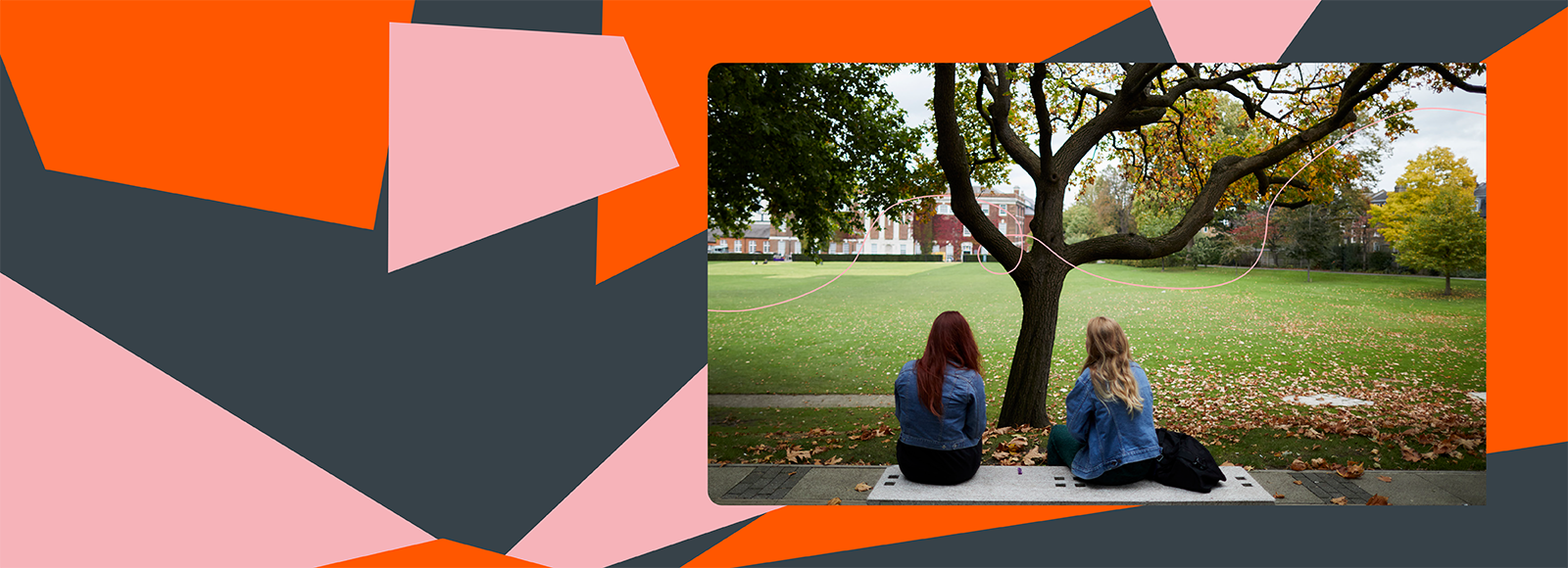- ...
Postgraduate Studentships - Search for funding opportunities.
Postgraduate Studentships - Search for funding opportunities.
The MRes in Advanced Practices responds to the growing importance of research within contemporary cultural production. Professionals and practitioners, be they artists, curators, choreographers, organisers, or others, engage in research and look for ways to circulate it widely. This ‘research turn’ has been a marked shift in recent years and is increasing in the wake of Covid-19 since audience numbers can no longer be a sole criterion for activity.
The program in Advanced Practices provides graduate students with an opportunity to invent methodologies, reframe urgencies and reimagine the contexts in which our work is circulating. Degrees are practice driven, research based, and can incorporate projects in progress, collaborations with organisations and platforms or be the opportunity to rethink the circulation and meaning of how and to whom work can communicate itself. Seminars are taught six times a year, encouraging those working in the field to be able to maintain their work. Participants are artists, curators, organisers, researchers and activists.
There is a collaborative Practice Laboratory focused on an annual thematic that is investigated collaboratively – this is currently taught in weekly online meetings, seminars and guest lectures. There is a separate MRes seminar for introducing key concepts while the rest of the teaching and Practice Lab are shared with the PhD program.
You should normally have (or expect to be awarded) an undergraduate degree of at least upper second class standard in a relevant subject.
You might also be considered for some programmes if you aren’t a graduate or your degree is in an unrelated field, but have relevant practice experience and can show that you have the ability to work at postgraduate level.
For fees and funding options, please visit website to find out more
Goldsmiths offers a range of financial support including postgraduate scholarships, bursaries and fee waivers. These are awarded based on a variety of criteria, for example academic achievements or personal circumstances.
Students and candidates expressing their interest in Advanced Practices are often already professionally employed or active at a high level, including museum directors, museum or freelance curators, generators of self-organised spaces, artists and art critics. This means that you could develop an excellent network of professional contacts.
By completing an advanced research degree like this will also open up the possibility of teaching in higher education, and employment in museum research departments.
Degrees are practice-driven, research-based, and can incorporate projects in progress, collaborations with organisations and platforms or be the opportunity to rethink the circulation and meaning of how and to whom work can communicate itself.
Seminars are taught six times a year, encouraging those working in the field to be able to maintain their work. Participants are artists, curators, organisers, researchers and activists.
There is a collaborative Practice Laboratory focused on an annual thematic that is investigated collaboratively – this is currently taught in weekly online meetings, seminars and guest lectures.

A melting-pot of ideas, one creative powerhouse One Goldsmiths At Goldsmiths, academic excellence and imaginative course content combine to make a pla...
Sign up to Postgraduate Studentships
Sign up to compare masters
Thanks for making your selection. Click below to view your comparisons.